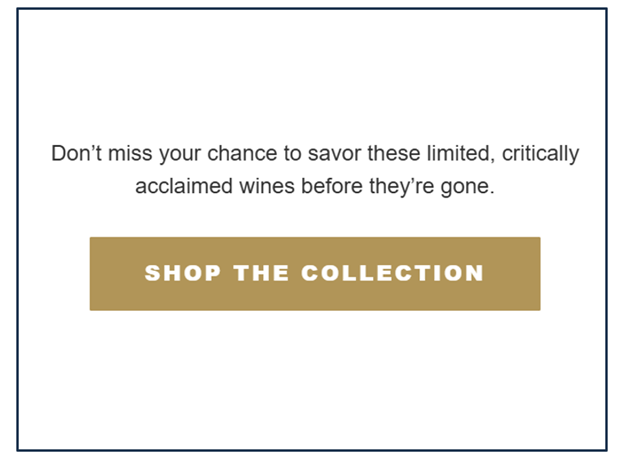5 Things to Know Before You Insure Your Wine Collection
- Marla
- Feb 24, 2022
- 3 min read

Our wine collection, originally just a few bottles, has since grown to almost two hundred (for special occasions, we go to the “left closet”).
But now that we’ve amassed a fair amount of wine, it’s made us wonder whether we should be specifically insuring it, either under an additional policy with our existing carrier or with a stand-alone policy.
So I’ve done a bit of research on what to know before you insure your wine collection. Let me share it with you.
1. Don’t Assume Your Wine is Protected by Your Existing Insurance
Your current insurance policy may provide some coverage for losses affecting your at-home wine collection. Generally, a standard homeowners, renters, or condominium insurance policy insures personal property to some extent. However, these policies may only provide limited coverage for collectibles, says Justin Tomczak, a spokesperson for State Farm Insurance Company. Losses are also subject to the policy’s deductible, so you may not have much if any coverage for a large wine collection.
Different policies also define what a “peril” is (i.e., a potential adverse event, such as an internal explosion, lightning strike, or vandalism) in different ways, which affects whether wine would be covered. For instance, some specifically list the perils covered by the policy, so if your wine was damaged by a peril not on the list, you’re out of luck. Some policies are more general and look more to all losses, according to Kenneth Sidlowski, Private Client Group Practice Leader for the Chicago-based insurance agency The Horton Group. “It all comes down to the contract,” he says.
Other circumstances of the loss may additionally affect whether your wine collection is covered by your existing insurance. For example, the policy may not specifically cover wine, but if your house burns down, including your wine collection, the insurer would probably cover that as part of your lost personal property, says Sidlowski.
2. Where You Live May Affect the Coverage Available
Certain parts of the country are more prone to disaster. Tornadoes notwithstanding, insurance in the midwest is more garden variety than the area north of San Francisco, which is prone to fire, or tropical storm states, such as Florida, says Sidlowski. This could affect the wine insurance policies offered in your region and their scope of coverage. Take into account where you live when considering if you should insure your wine collection.

3. You Shouldn’t Feel Compelled to Obtain Insurance for Your Wine Collection
Even if you have a large wine collection, that doesn’t necessarily mean that you have to spend the money on specific insurance for it. “Wine collection coverage is a personal preference, the perceived value in insuring it or not,” says Sidlowski. “It depends on your risk tolerance and comfort. If the wine is for personal enjoyment and you can self insure and replace the collection without dealing with an insurance company, maybe [don’t do it],” he says.
4. There is no Particular Monetary Threshold to Help You Decide
You can’t rely on any bright-line guidance as to whether your collection merits a separate insurance policy. There is no dollar threshold you need to meet before deciding to insure your wine collection.
“It’s a gray area. Different advisors have different opinions,” says Sidlowski. He suggests that you should consider an additional policy if the wine collection is at least $85,000-$125,000 or you’re collecting wine as an investment. “It doesn’t make sense to [separately] insure a collection of less than $85,000 where most bottles are $100 each or less,” he says.
5. There is No ‘One Size Fits All’ Wine Insurance Policy
The price of an additional wine insurance policy depends on the collection itself. Not surprisingly, the value of the collection, the quantity of wine to be covered, and other factors will affect the insurance and how much you’d pay for it, says Sidlowski.
We hope these 5 things to know before you insure your wine collection help you decide whether supplemental insurance is right for you. Please let us know if you have any additional insights and share with us your experiences.
Have any suggestions or feedback? Don’t hesitate to send us a message at info@winewithourfamily.com.
If you enjoyed this post, visit our website and check out some of our related articles:



